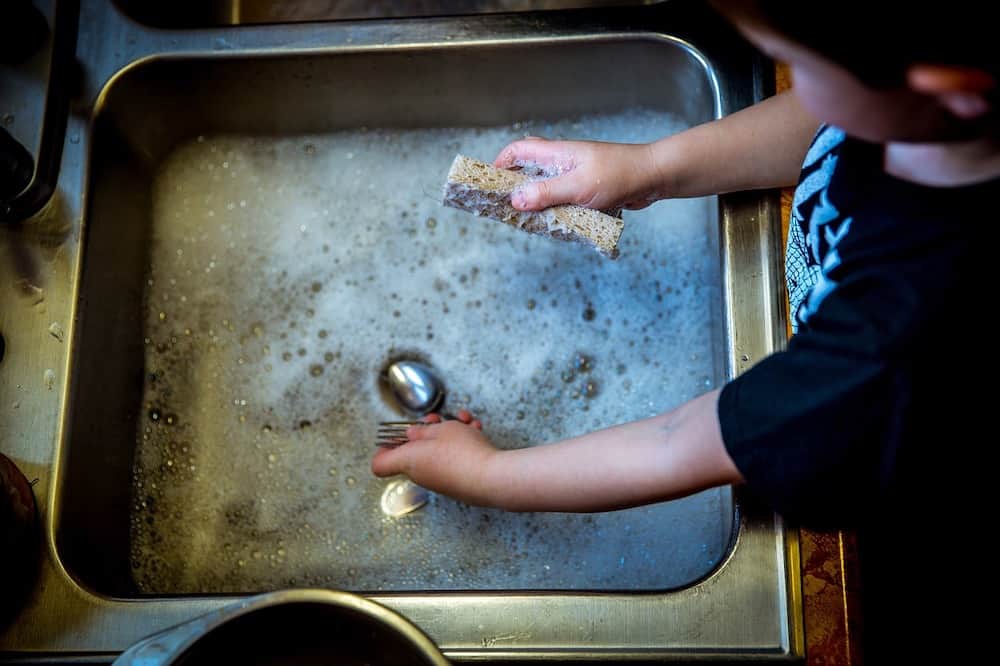Encouraging your children to be independent and teaching them important life skills is a time in every parent’s life that comes with questions, struggles, and sometimes frustration. All of a sudden your children who have depended on you for everything are ready to spread their wings and try to achieve their independence. Independence can be taught from a young age by following different methods at different ages. Teaching independence shouldn’t start when they are teenagers, the skills should be ingrained within your children and then encouraged to be used as they grow older.
Here are some ways that you can teach important life skills to your children allowing them to become independent individuals.
Teach Financial Skills
Teaching your children how to be financially responsible is one of the most important parts of growth and independence, especially when they reach their teenage years. You can choose to do this in many ways, but including the children in the household accounts, explaining bills and credit cards, and how utilities, paydays and bill payments work can set them up for success. Children need to learn more than just “money doesn’t grow on trees”, they need to understand working for income, and paying bills, as well as appropriate savings and financial responsibility so that they aren’t thrown out into the world to immediately rack up debt without understanding it. You can include your children in budgeting, or even offer them their household account to work on with you. From budgeting the groceries to playing games at an early age like buying from their “store” and explaining money, you will be setting your child up for success and independence when they become adults.
Include Your Children in Running the Household
Inclusion is a great way to teach your children the life skills they will need, from an early age. Have your children help with the daily chores, cleaning, cooking and laundry. While this can be difficult at certain times, as children take a long time to complete simple chores, this is setting them up for success later on in life. Teaching these skills means that they will be ready to take on their independence as they get older. Encouraging your children to learn the skills they require later in life as they are growing up will make the transition from dependent to independent a lot easier on your children, and yourself.
Chore Charts
Having your child be responsible for an age-appropriate chore in the household will allow them to feel more independent and in charge of an important part of the household. Children who learn early to feel pride in their work and inclusion in the household grow to be well-adjusted and readily able to take on the challenges that come with growth and independence. Learning how to manage a house, keep it clean, cook and budget household accounts will go a long way in setting your child up for success.
Make it a Game
While you may think that younger children don’t have the capacity to learn about finances and housekeeping, that is far from the truth! Children learn through doing and watching, so making games out of household chores from a young age will prepare them for the future that is to come. Something as simple as giving your child the vegetable to “wash” can be a great sensory and learning game for young children, and water is super easy to clean up! Playing store or restaurant games, where you need to pay for services rendered teaches children about economics, how they can buy and sell items, and work to earn money. Giving an allowance for certain items, letting them do extra chores for purchases they want to make, and everything in between is a great learning experience for children, no matter their age.
You can begin setting your children up for success and independence long before they become teenagers. Toddlers, adolescents and teens should all be included in the household responsibilities to teach them to be functional and independent as they grow older. Teaching children how to handle emergencies, how to take the bus, and how to problem solve without your input will go a long way to teaching your children independence and life skills that they will need when you are no longer in their lives to the extent when they were dependants. Teaching independence does not mean that you will be leaving your children to fend for themselves, but rather raising them to have the skills they will need when you are not always around. As children grow independence is more and more important, so creating a solid foundation as they grow will give your children the best chance in life to be supported and reach their independence in their own time and at their level.


